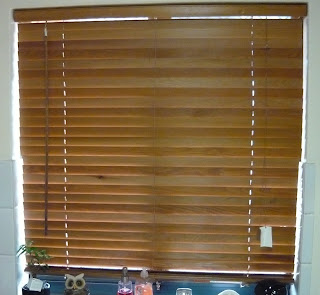 |
| My dream car! I will own one someday. |
I’d already
created a “car replacement fund” able to well and truly cover the cost of
replacing the car if I was to total it, as it seems to me that any frugal girl
should be preparing for the future. So what was the obvious solution? To take
out a third party fire and theft policy so that I wouldn’t be screwed if I hit
a Ferrari, and cancel the comprehensive car insurance.
When I called
the insurance provider I’d picked as a good bet for a new policy, the very
helpful customer service rep explained an amazing phenomenon to me: if your car
is worth over $10,000, you can’t get covered for anything less than
comprehensive car insurance because it would give you the right to sue the
insurance company for under-insuring you. I asked if this was standard across
the insurance industry and he told me that for some insurers the limit is only
$5,000. Basically, insurance agencies and our legal system assume that you are unable
to make decisions for yourself and that you don’t understand what the policy
you’re taking out actually means. Otherwise how can you have the ability to
successfully sue for your choice to buy a policy that doesn’t cover your car’s
value in its entirety?
I was not
impressed that my plan to only have a third party policy wouldn’t work. I don’t
want to go without insurance at all in case I hit that Ferrari.
However, this
story has a happy ending. The customer service rep was able to sell me a policy
for $1,074 a year, or just under $90 a month. That’s cheaper than any of the
quotes I received from other insurance providers for comprehensive car
insurance. It’s not as cheap and cheerful as that third party policy would have
been, but it’s an annual saving of $810. It turned out to be very good timing
as I had to pay close to $800 for dental work this week.
 |
| My actual car! Which is clearly a Beetle copycat. I love you, Micra. |
Just because a service provider was
the cheapest option when you last looked, doesn’t mean that’s still the case. When I first had to purchase car
insurance three years ago, the provider I picked was by far the cheapest for my
circumstances. Now they appear to be very overpriced compared to market
standards. My circumstances have changed in that time, and maybe the insurance
market has too. This doesn’t just apply for insurance: when was the last time
you shopped around for an internet provider, or ran a price comparison on
different mobile phone contracts?
Look at whether you really need
insurance. I’m still
planning to drop down to a third party policy when my car’s value is lower. A
different policy may be a better fit than your current one, and if you have a very large savings fund and the value of your vehicle is
low, think about what you’re gaining from having insurance coverage. Some
people wouldn’t be comfortable with the thought of paying for a new car out of
pocket and would rather have insurance just for peace of mind, and that’s okay
too.
If you’re friendly and you ask
questions, you will receive a wealth of information. The customer service rep was willing
to chat to me about all kinds of insurance issues. For example, do you know
that if you live in a suburb with lots of car parks (e.g. close to the central
business district or a shopping centre) your insurance premiums will be higher?
That’s because people are causing accidents by reversing into each other’s cars
in car parks and your premium is partly based on the statistics for your
suburb.














